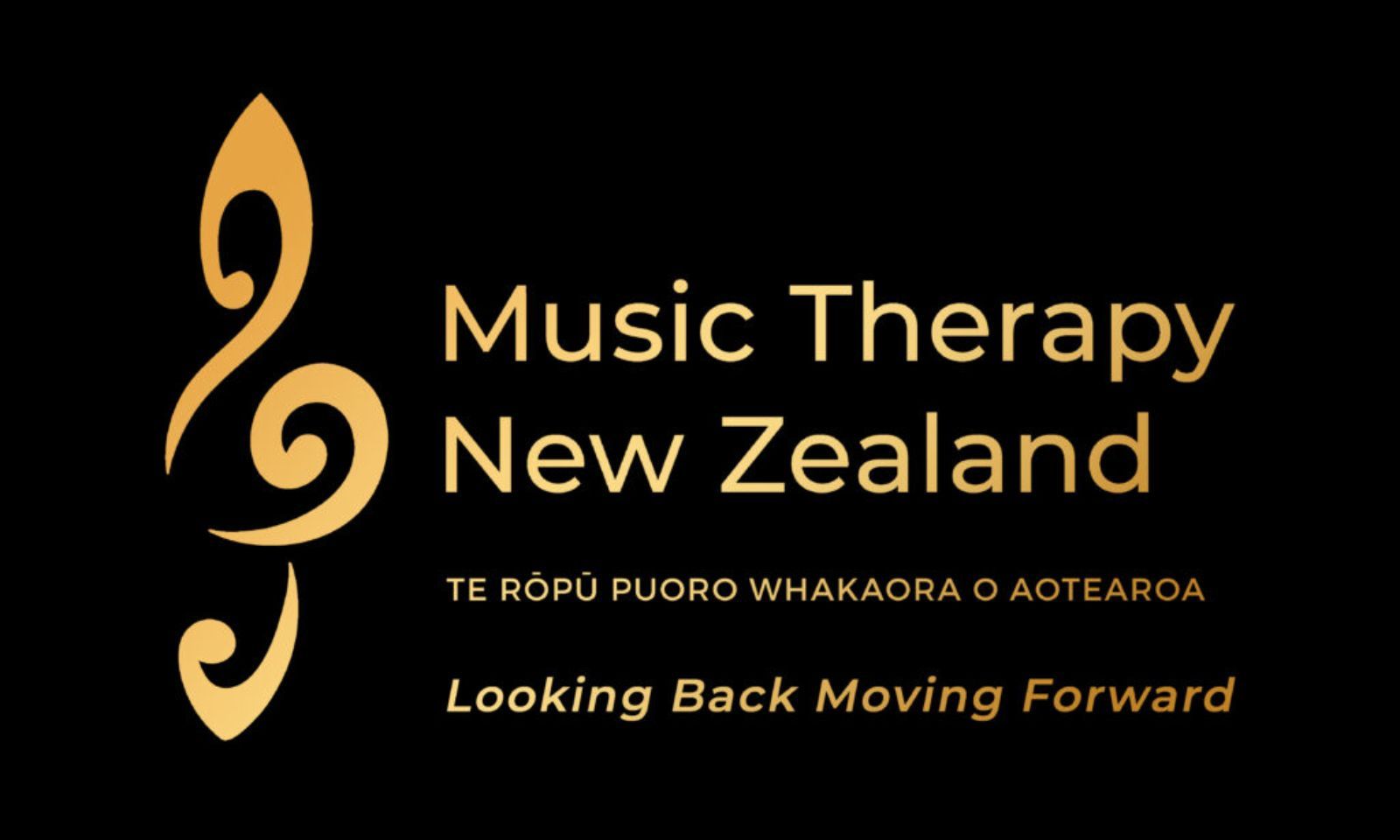

The Sāmoan slit drum with Tahitian Origins: Pātē. Photo /Youtube/Jack Daulton
Fifty years of music therapy: Sāmoan practitioner on how culture enriches her work
Wellington-based therapist June Potifara reflects on how music is helping people reconnect to themselves and find joy in their daily lives.


Will’s Word: The new statewide political poll points to a cliffhanger

Artist brings Pacific weaving to New Zealand’s deep south

New Attorney-General as Sāmoa reviews national legal system

Protect your kāinga: Pacific health leaders warn travellers as dengue spreads

Will’s Word: The new statewide political poll points to a cliffhanger

Artist brings Pacific weaving to New Zealand’s deep south

New Attorney-General as Sāmoa reviews national legal system
A Sāmoan music therapist is celebrating 50 years of the craft and the role her heritage plays in her work.
Music therapy is the practice of using music to assist the growth or healing of a person and uplift their emotional, intellectual, physical, and social needs.
The Wellington-based practitioner told Brian Sagala on Pacific Days that her Sāmoan culture is a key aspect to how she helps people, as it provides a “culturally grounded framework”.
"[Sāmoan cultural values] honours traditions, fosters connections and promotes holistic wellbeing,” Potifara said.
"That's what's so important about music therapy and our communities. It fosters connections, it helps us discover our cultural identities that we didn't know or were afraid of exploring."
The former opera singer also thanked Sāmoan composer Dr Opeloge Ah Sam who encouraged Potifara to use more Pacific and Sāmoan music in her practice.
"Things I've done so far involve bringing in the Pātē (Sāmoan slit drum) or using songs like Va'ai i le pepe."
Watch the full interview via 531pi's FB page below:
This year is Music Therapy New Zealand Te Rōpū Puoro Whakaora o Aotearoa's 50th year since it was established. Potifara said the School of Music Therapy programme was established in 2002 and has grown to six musical therapy services across the motu.
The organisation is hosting a conference between 13 and 15 September in Wellington, to acknowledge their half a century milestone, for which the public can register to attend in-person or online.
"Music therapists work in various spaces such as hospitals, schools, and mental health institutes. We're all over the place at the moment."
Potifara said the conference is a good opportunity for anyone interested in learning more about their holistic approach and adaptive framework. She said this framework is vital as their clients have different needs.
"For some clients, they're non-speaking so we're exploring how we can communicate non-verbally.
"That's either through sharing a drum, a guitar or being in a space together to build connection.
"It's really important to develop therapeutic relationships. That's the foundation of it all."

Photo /Music Therapy NZ
Potifara said their sessions are conducted one-on-one or in a group, which can be as short as 10 minutes or as long as 45.
"A typical session [has] a range of musical instruments. The musical therapist creatively supports and guides using music, sound, and exploration.
"It's [about] finding what works for the clients. We use all types of music or sound. You don't need musical experience to experience musical therapy.
"I like to say to some clients that silence is also a sound. There's a lot that can come out from that."
Potifara graduated from the University of Waikato with a Bachelor of Music with Honours, majoring in classical voice performance. She went on to complete her master’s degree in Music Therapy at Te Herenga Waka - Victory University’s School of Music.
She has also performed as an opera singer across Aotearoa.
"The most important thing that I've learned throughout my clinical placement and where I work now is that I work with students with special needs.
"They've taught me about finding joy in the simplest things."
Potifara said she also finds joy in helping people find connection within themselves.
"With music therapy, it's so beautiful because we focus so much on the journey and fostering connection rather than the all-end result."
To register for Music Therapy NZ's September gathering, click here.